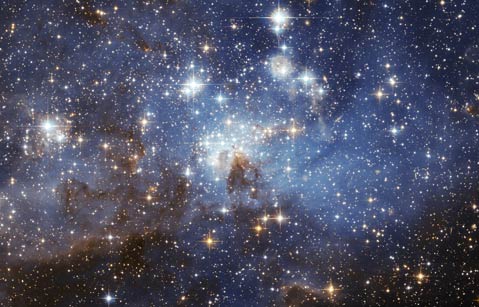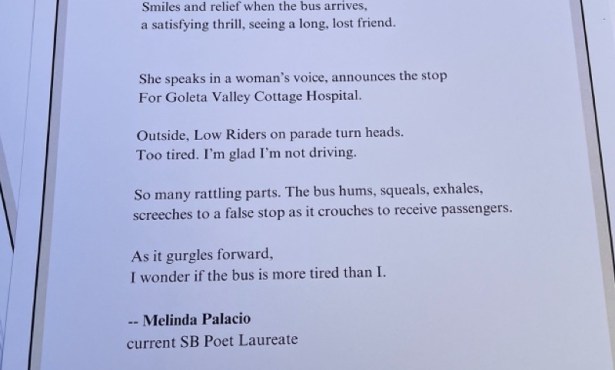Clattering Windows
Awakening in the Night to Noise of a Rocket Launch

I awoke to a clicking noise, sudden but elongated, a steady succession of shivering sounds, like teeth chattering. The clicking quickened and became a rattling—high-pitched, thin, intimately near. Was there a rattlesnake in the room? Then the house began to vibrate, and the vibration became a rumbling, a rolling growl so deep that it was everywhere.
“It’s a rocket,” whispered my husband.
Now I remembered. Vandenberg Air Force Base is about 30 miles from here, to the north and west, just over the mountains, and the launch of some sort of weather satellite booster had been scheduled for the wee hours of this morning. These space-age launches seem to contrast oddly with the bucolic hills and old cattle ranches of the Gaviota Coast, but proximity to the coast and low density of population render the base well suited for the purpose.
Vandenberg launched its first ballistic missile in 1958 and became the regular site for test firings of strategic missile weapon systems and polar-orbiting satellite launches in the ensuing years. It expanded to its current 98,000 acres in the mid 1960s with the contentious acquisition of the adjacent Sudden Ranch property. In his eloquent introduction to the book Cattle Upon a Thousand Hills (The Bagaduce Press, Santa Barbara), area rancher Bob Isaacson describes the surreal sight of an Atlas missile launch during a post-branding barbecue he attended around this time at Las Cruces Ranch. Cowboys fell silent as the white column collapsed and spiraled in the winds, and then someone stood up and booed. “We knew things would never be the same,” he wrote.
Decades later, the launches still seem dissonant and incongruous, but there is also something undeniably exciting about them. Now that I had been jolted awake, I wanted to see the rocket’s fiery path in the sky. I jumped up and ran outside.
The night sky was white with clouds. I could see no trace of the launch, but the growling vibration continued, and everything of earth seemed to be holding its breath waiting for it to pass. The air was unexpectedly mild, and the orchard smelled green and sweet. It had been drizzling earlier, and the deck was still wet. As my eyes grew accustomed to the darkness, I perceived the shapes of the hills, the depth of the woods, the hush and wonder of all that was always there. The night held life within its shadows. I could sense its wildness and mystery.
The rocket became irrelevant. It seemed that I was bearing witness to some vast and wondrous secret, an older kind of miracle that had been out there all along. I stood there in my bare feet listening for a long time until the shuddering of space noise receded into stillness.
I knew that something special had transpired, and it stayed with me in the days that followed. I understood it when I came upon these words in an essay by Orhan Pamuk: “To sense that life is deeper than we think it is, and the world more meaningful, does a person have to wake in the middle of the night to clattering windows, to wind blowing through a gap in the curtains, and the sounds of thunder?”
Once in a while, yes.



